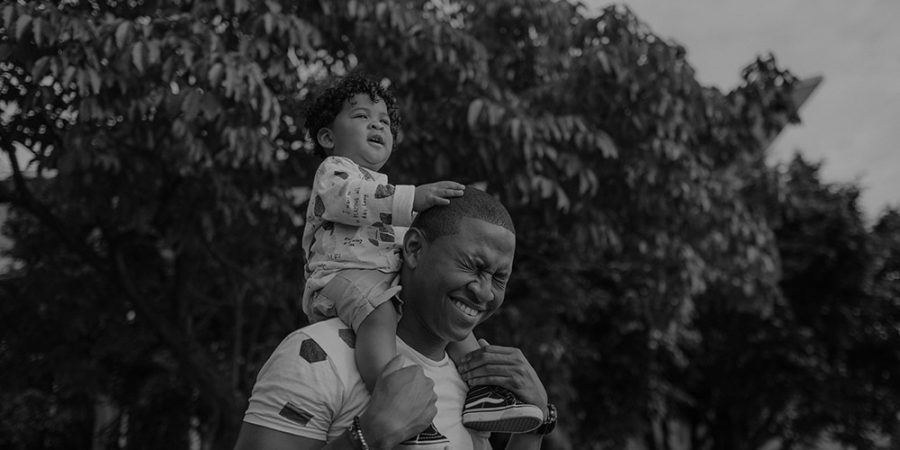Under the Family Law Act 1975, children have a right to a meaningful relationship with both parents, especially if their parents are separated or divorced. It is presumed that once a couple separates, they will share equal parental responsibility of their children. However, there are instances where sole parental responsibility can be obtained.
What is Sole Parental Responsibility?
Sole parental responsibility means that one parent has complete responsibility for the major long-term decisions of their children until the age of 18 years. Under Section 4 of the Family Law Act 1975, major long-term decisions include the child’s:
- Education (current and future);
- Religious and cultural upbringing;
- Health;
- Name; and
- Living arrangements.
It is important to note that it is not the same as child custody and does not mean the other parent cannot spend time with their children. Sole custody means a parent wants to have sole parental responsibility and sole care of the child.
How Does it Differ From Equal Shared Parental Responsibility?
Under the amendments to the Family Law Act 1975 in 2006, it is presumed that each parent has equal shared responsibility once they separate. Both parents must make a genuine effort to consult the other parent when making these long-term decisions. It does not mean that both parents will necessarily be allocated an equal amount of time to spend with their children.
There is no need for consultation in day-to-day activities such as the child’s bedtime; in this instance, it is up to the parent who has the custody of the child that day to make these decisions.
The presumption of shared responsibility also does not apply in every situation. Some of the reasons why this may not apply include instances where:
- A parent has abused a child or any other child in the parent’s family or the family of the other parent.
- A parent has been violent or used threatening behaviour to a family member of either parent.
The court must see evidence that it would not be in the best interest of the child to receive equal shared responsibility.
How to Get Sole Parental Responsibility?
The court is generally reluctant to grant sole parental responsibility. However, there are some circumstances where it may be granted.
The court may grant sole parental responsibility if the parents cannot communicate effectively, or they have conflicting views on certain issues – for example health and education. What the court can do is order sole responsibility specifically for these matters.
The best interests of the child will always be a priority to the court. With that in mind, the need to protect any children from physical and psychological harm or exposure to abuse and violence is also a primary consideration. The court may choose to give greater weight to this consideration over a relationship with both parents. Therefore, if one parent is causing harm to the child – physical or psychological – the court will order sole parental responsibility as the solution.
For the Court to provide sole parenting to one parent, that person must provide the Court with full details on all matters relevant to their claim against their former spouse. These details may include any police reports or witnesses to physical or psychological harm and evidence of a total communication breakdown between the parents.
Speak to a Lawyer About Obtaining Sole Parental Responsibility
If you believe that you’re in a situation that requires you to obtain sole parental responsibility, we highly recommend you seek legal advice and representation. Contact us to speak to our lawyers and find out how we can assist you with your sole parenting application and represent you in court.



